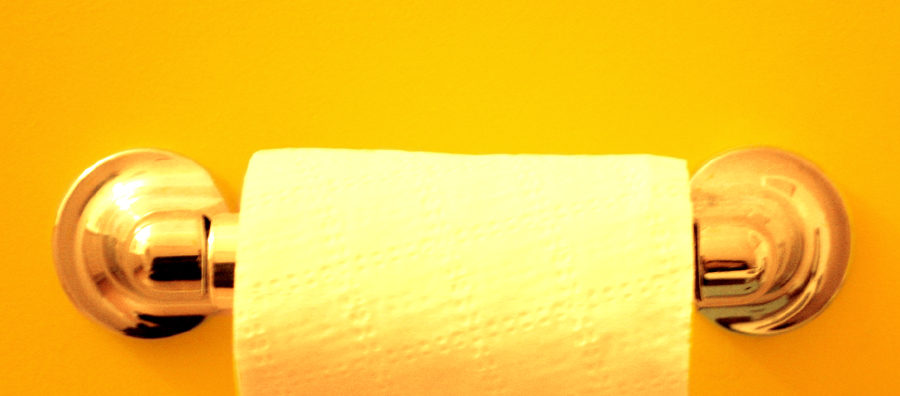Up until I was about 22, I had paralysis.
No, (thankfully) not paralysis of my legs or any other appendage, but of my mind. Specifically, the creative side of it.
Ever since I was little, people had complimented my writing. Like how others are born with the ability to draw, sing, or dance well, writing came naturally to me.
Through my bashful humbleness, I always brushed these comments off as people just being nice, thinking to myself something along the lines of, “sure, maybe I can write better than Joe Shmoe classmate, but I could never be a sports columnist or fiction author. . .those people are in a whole other league, they have ‘it’. . .I am just me.”
I had planned and pursued grand writing endeavors before. This is actually around the third or fourth blog attempt (and at three months, the longest lasting) that I’ve made. Other past failures include several short stories and fiction books, as well as a column I planned to turn into an e-newsletter.
As soon as I hit any sort of wall in these projects, I was done- I quickly accepted my defeat without any sort of fight. I did this for many, many years. “It wasn’t meant to be”, I would think.
The big difference now in my attitude is that I enjoy the process– I like that I am no longer attempting to produce a polished final draft on my first attempt. I like that what I spit out on my first go is often utter crap. And I love that I get to scrap, mutate, and edit the hell out of the original piece until it is something I am proud of. And even then, it may not necessarily be considered “good” in the grand scheme of things, only in comparison into what it was a few hours prior.
Which led to a major epiphany. . . all creative people, all people who produce great work, have a produced a ton of crap. It’s a numbers game. Nobody bats 1.000. The larger volume of work you produce, the higher your odds are of breaking through that threshold and producing an amazing work. I’ll let Ira Glass say the rest:
It’s easy to look at people who have ‘made it’ already and think they just had ‘it’ from the get go. Rarely do we get to see the mounding pile of drafts crumpled up in their trashcans, all the missed free throws, or the sketches with giant X’s scrawled through them.
I recently read the book Outliers by Malcolm Gladwell. In it, he cites another book that argues that Mozart wasn’t actually a child prodigy, but more a product of his environment and of consistent practice.
Wolfgang started writing music at age 6. While this is certainly an unusual and advanced hobby for a child of any age, the quality of these early works tends to get blown out of proportion:
“by the standards of mature composers, [his] early works are not outstanding. The earliest pieces were all probably written down by his father, and perhaps improved in the process. Many of Wolfgang’s childhood compositions, such as the first seven of his concertos for piano and orchestra, are largely arrangements of works by other composers. Of those concertos that only contain music original to Mozart, the earliest that is now regarded as a masterwork (No. 9, K. 2) was not composed until he was twenty-one: by that time Mozart had already been composing concertos for ten years.” –Michael Howe in Genius Explained
If Mozart of all people didn’t produce anything widely considered “great” (without the help of his dad) until he had been at it for over 10 years, it’s only fair that I extend to myself that, “hey. . .I’m going to make a lot of sub-par crap for a while before my work gets where I want it to be.”
Producing bad work is a great sign- as some crap is better than no crap, right?

